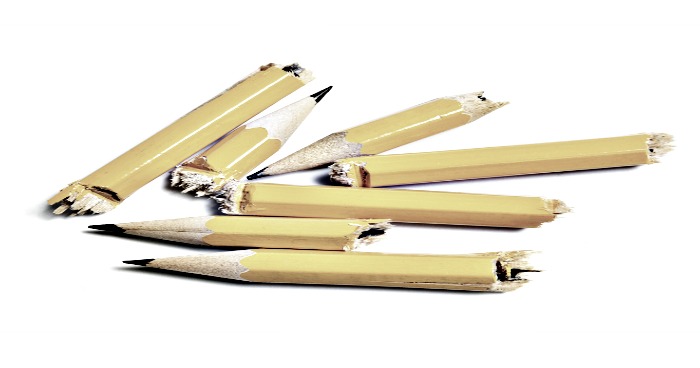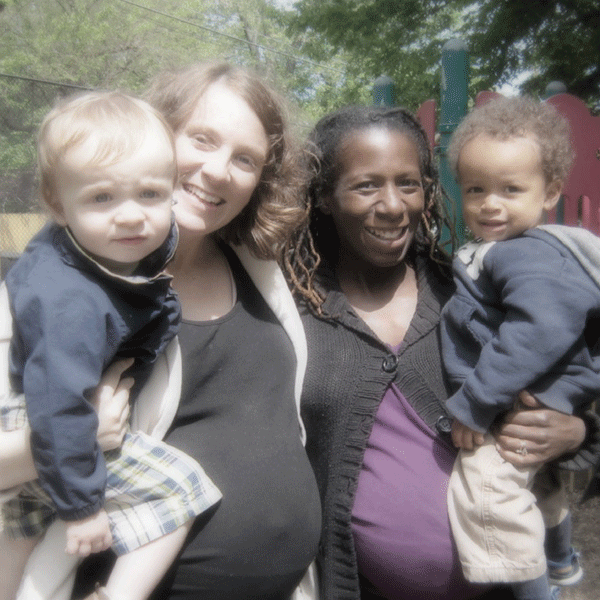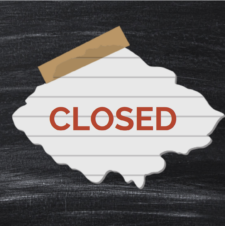The Threat Stemming from Charlie Hebdo #JeSuisCharlie

It’s noon on Thursday, January 8 and I can hear the war sirens outside. They are usually set off the first Wednesday of every month to make sure the alarms stay in working order, just as they’ve done since the Second World War. But today they sound off the grief this nation feels over the attack at the satirical newspaper Charlie Hebdo yesterday, which left twelve dead and eleven critically wounded. The sirens accompany the French flags at half-mast, and these mournful sounds call out for the bowing of heads, a moment of silence.
As a mother raising my three children in France, I am perhaps more impacted by the brutal killings at Charlie Hebdo than mothers elsewhere. My brother-in-law’s family lives very close to where the massacre took place, and my own children are asking questions. Still there are people who are harder hit – the shock waves that extend out from the victims to their families and friends, their colleagues, the community.
Two of the victims were household names, and my husband grew up hearing them. Cabut and Wolinski had been drawing for decades and were still coming into the editorial meetings of the newspaper, though they had retired. For a nation where “bandes dessinés” – books of comic strips – have widespread appeal, these cartoonists were viewed as self-deprecating people, with a humorous take on life. It is unthinkable to the French that they could have been sacrificed.
The hashtag for this tragedy is #JeSuisCharlie, a slogan owing its inception to Joachim Roncin, the artistic director of the magazine Stylist. Now #JeSuisCharlie is appearing in all languages on the Charlie Hebdo website, including in Arab.
I note that language in particular because the potential victims are not just the journalists, policemen and civilians that were killed or wounded. And the threat is not simply limited to “freedom of press.” Here in France, there is an ever-widening polarity happening where people of Muslim faith are lumped into the same mold as terrorists, and as a result, are mistrusted and despised. Juan Cole wrote about it in his article, Sharpening Contradictions: Why al-Qaeda attacked Satirists in Paris.
According to Mr. Cole, most French Muslims are non-political, and even more secular than the Muslims in other nations. Therefore, it’s harder for the extremists to recruit among them. But as Stalinists proved possible less than a century ago, the terrorists speculate that if they can foster widespread mistrust against Muslims in the general population, then resistance to the discrimination will breed polarity between the dissimilar ethnic and religious group, and will in turn widen the recruitment pool for fanaticism.
I fear it’s already working. I am Christian, and one of my best friends is Muslim. Despite cultural, religious, and a 12-year age difference, we focus on celebrating our commonalities. So when she watches one woman shove another woman as she’s getting off the metro, simply because that woman is wearing a burqa, she hurts at the injustice. And I ache with her.
This threat to peace based on religion is not entirely new to me. My husband and I were working in a Muslim country when the World Trade Center was targeted. Yes, in a Muslim country where I was a minority, I did meet with aggressors – cars driving too close to frighten me, others calling out for us to go home. But the masses wept with us, and the most devout cried out, “We do not support the attack. We are angry over your loss.”
Here at home, the sirens are quiet now, but the distress and memory of what happened remains. And I can only see one path through which we can keep the pain from becoming a cancerous disease that turns lethal: honor the victims, support their families, stand up for freedom of press, fight against terrorism and injustice, and – of no less importance – refuse to hate an ethnicity or a religion based on the unendorsed acts of a few. Only through this can we ensure that the situation does not degrade into the very breeding ground for hatred and mistrust the terrorists are seeking.
After all, #JeSuisCharlie. We are all Charlie.
Check out Jennie’s book now:
This post was written by Jennie exclusively for BonBon Break Media, LLC






